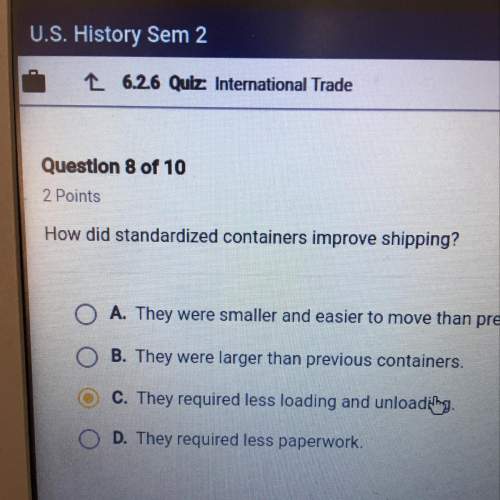
Prompt
Use the passage below to answer all parts of the question that follows.
No ruler took more liberties with his religion than Akbar, the greatest of the Mughals, the Muslim dynasty that dominated
India between the early 16th and 18th centuries. Like Ashoka and Gandhi, Akbar constructed a religious ideology that served
to hold together a diffuse polity as it fed his own soul.
It began with pragmatic policies of tolerance. Akbar had inherited the throne, at the age of 13, in 1556. In 1579 he abolished
the jiziya, a tax imposed on all but the poorest non-Muslims. This was the most notable in a series of measures to recruit
the Hindu majority and others to the cause of unifying and expanding his empire. He could be ruthless: his troops
massacred 20,000-25,000 non-combatants after a four-month siege of Chitor, a nearly impregnable Hindu fortress in
Rajasthan. But he preferred incentives to coercion. He defeated the war-like Rajputs, but gave them rank and married their
princesses, who were permitted to conduct Hindu rites in the harem. The Mughal-Rajput alliance was a bulwark of his
empire
"Multicultural Akbar," The Economist, 1999
a) Explain ONE specific political development that resulted from the conditions created by the religious policies described
in the passage.
b) Explain ONE specific change to Muslim-Hindu relations that resulted from the conditions created by the religious policies
described in the passage.
c) Explain ONE specific consequence of the policies described in the passage on religious minorities.
<< Read Less

Answers: 1


Another question on History

History, 22.06.2019 01:00
Tension between the british. and boers was caused primarily by what things?
Answers: 2

History, 22.06.2019 01:30
Will give brainliest and a will put up a free point questionthe following question refers to a hypothetical situation. the 2010 supreme court case, wagner v. tritch, involves the illegal distribution of copyrighted material to foreign consumers via the internet, which is a new area of law. the 9-0, unanimous vote on the court is set to overturn the lower appellate court decision that augustus tritch was liable for millions of dollars to the plaintiff, frederick von wagner, for illegally distributing his book to overseas customers. now that the court has voted on the case, explain what must happen next? describe the different types of opinions that could come from the court.
Answers: 2

History, 22.06.2019 02:00
The enforcement clause of the fourteenth amendment states what congress had the authority to a. grant citizenship to people b. change the constitution c. enforce only the bill of rights d. make laws to apply the amendment
Answers: 1

History, 22.06.2019 05:00
The occupies the territory between the coastal plain in the appalachian mountains. a. piedmont. b. tidewater. c. delaware valley. d. outer banks.
Answers: 2
You know the right answer?
Prompt
Use the passage below to answer all parts of the question that follows.
No ruler took...
No ruler took...
Questions



Chemistry, 04.01.2020 06:31




Mathematics, 04.01.2020 06:31

Mathematics, 04.01.2020 06:31

Mathematics, 04.01.2020 06:31





Mathematics, 04.01.2020 06:31



History, 04.01.2020 06:31

History, 04.01.2020 06:31





